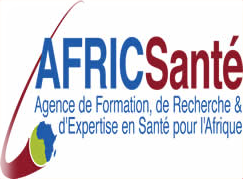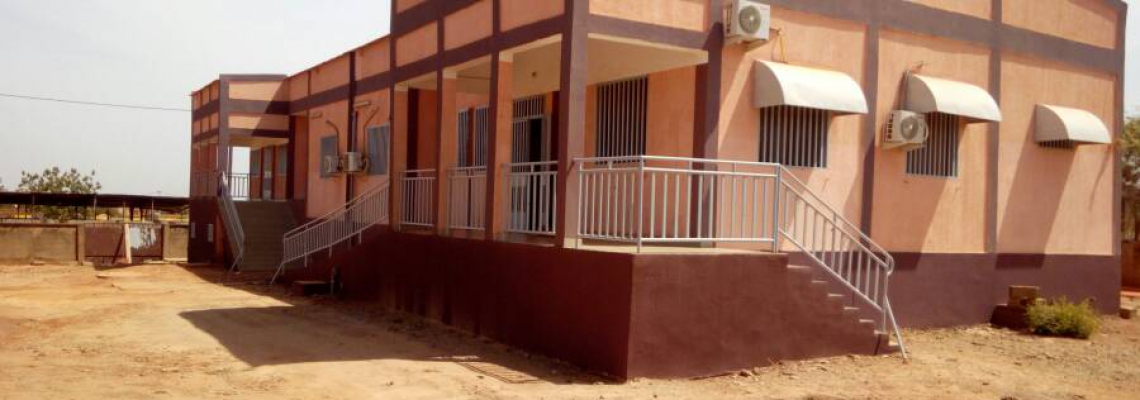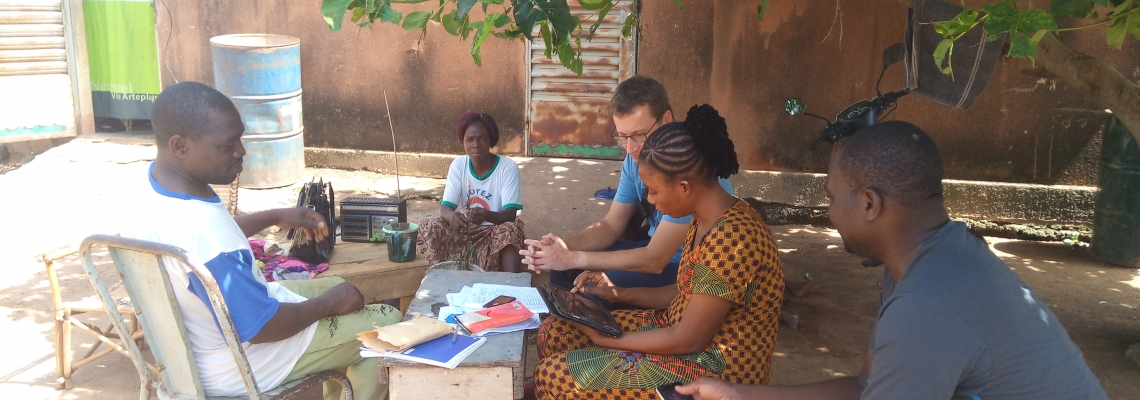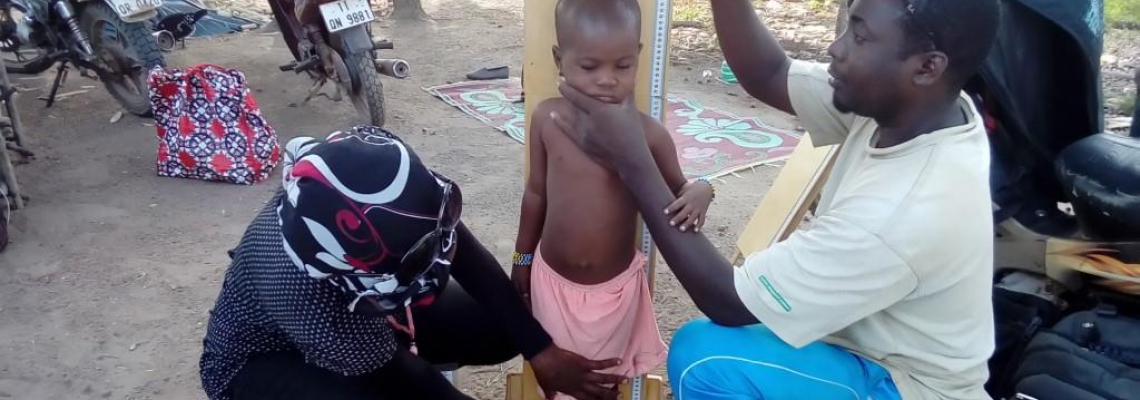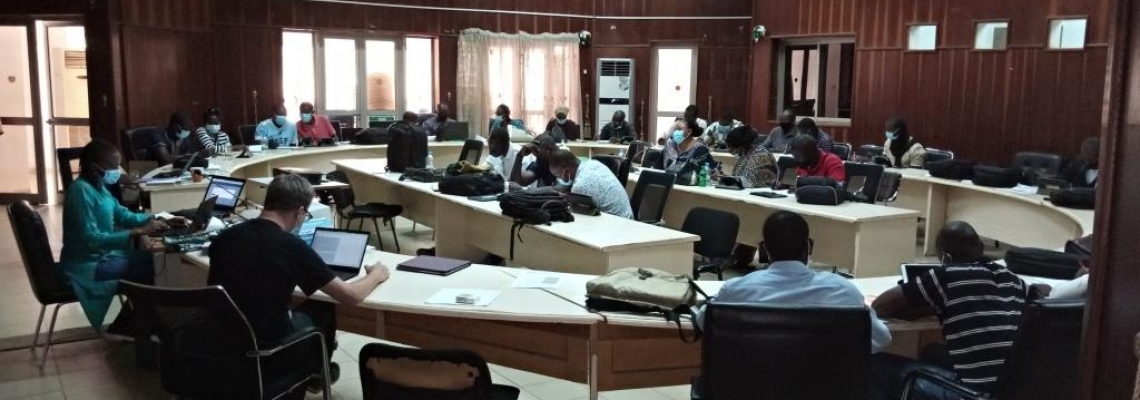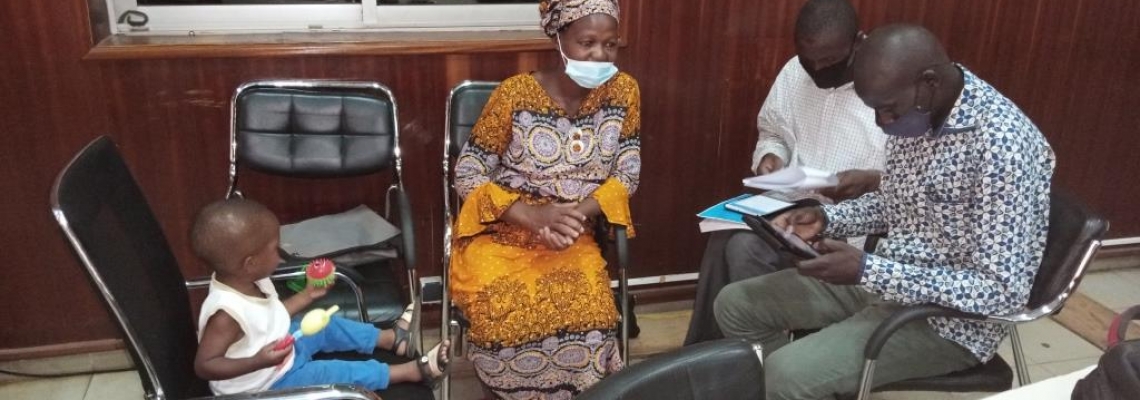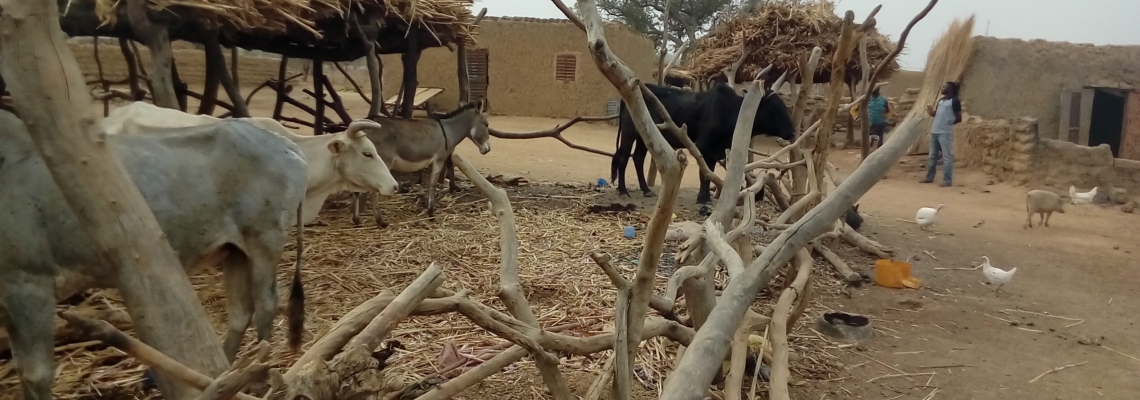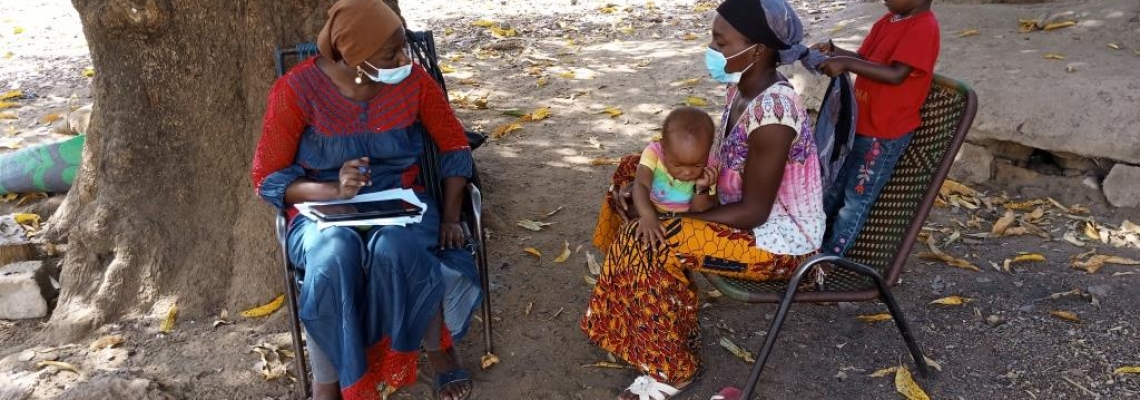Helena Ngowi1*, Ivan Ozbolt2,3, Athanase Millogo4, Veronique Dermauw5, Télesphore Somé6, Paul Spicer7, Lori L. Jervis7, Rasmané Ganaba6, Sarah Gabriel5, Pierre Dorny5 and Hélène Carabin8
Abstract
Background: Taeniasis and cysticercosis are two diseases caused by Taenia solium, a parasite transmitted between humans and pigs, leading to considerable economic loss and disabilities. Transmission of the parasite is linked to environmental and behavioural factors such as inadequate sanitation and hygiene, poor pig management, and consumption of infected pork. This study used implementation research method to design a health education intervention strategy for reducing T. solium infections in Burkina Faso, a country endemic for the parasite.
Methods: Eighteen group discussions were conducted with 8–18 participants each in three villages. In addition, structured interviews were conducted among 4 777 participants and 2 244 pig owners, who were selected through cluster random sampling in 60 villages of three provinces of Burkina Faso. Both approaches assessed knowledge and practices related to T. solium. The information obtained was used to develop a community-adapted health education intervention strategy to control taeniasis and cysticercosis in Burkina Faso.
Results: The group discussions revealed that participants had a poor quality of life due to the diseases as well as inadequate access to latrines, safe water, and healthcare services. In addition, it was found that pig production was an important economic activity, especially for women. Furthermore, financial and knowledge constraints were important limitations to improved pig management and latrine construction. The survey data also showed that open defecation and drinking unboiled water were common behaviours, enhanced by a lack of knowledge regarding the transmission of the parasite, perceived financial barriers to the implementation of control measures, lack of public sensitization, as well as a lack of self-efficacy towards control of the parasite. Nevertheless, the perceived financial benefits of controlling porcine cysticercosis could be emphasized by an education program that discourages open defecation and encourages drinking safe water. The final intervention strategy included a Participatory Hygiene and Sanitation Transformation (PHAST) approach, as well as a 52-min film and an accompanying comic booklet.
